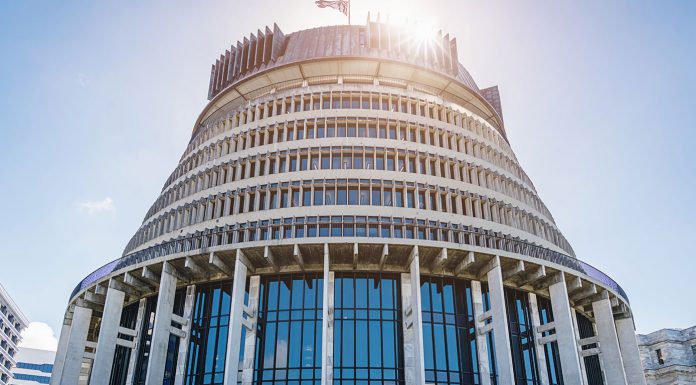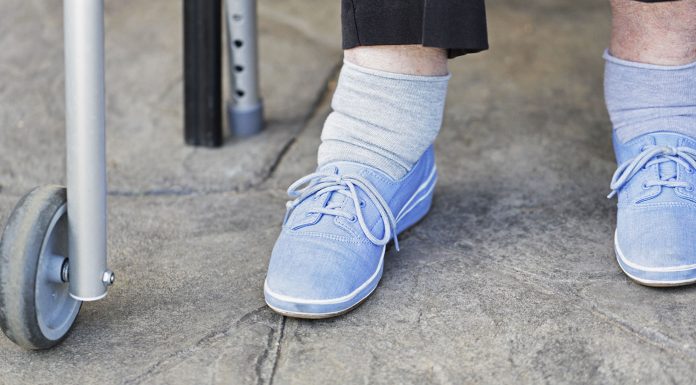Morale amongst mental health nurses is at the lowest ebb since he began working in the sector more than 25 years ago, says mental health nurses organiser Ashok Shankar.
“I think morale is very low and people are quite despondent, said Shankar, the Public Service Association’s organiser for mental health staff. He believed it was the worst since he started working in the sector as an organiser in 1989.
He was responding to figures released earlier this week to Radio New Zealand showing that in mid-May that there were nearly 100 nursing vacancies in acute mental health wards, just under 40 unfilled jobs in crisis assessment teams. Shankar said he didn’t think those figures were a true reflection of the level of vacancies that actually exist. (See July 5 story for nursing leader response to vacancies)
Shankar said for example members at Capital and Coast DHB were reporting that the DHB was struggling to fill about 11 vacancies in its about 20 member crisis assessment team.
“Some of the DHBs are really, really desperate to recruit experienced clinicians and they are trying to fill the positions with workers other than nurses to fill the gaps. And we can’t see anything on the horizon and how the problem is going to be fixed.”
He said there didn’t seem to the number of nurses available to fill the vacancies – particularly in CAT and acute mental health wards – or a major recruitment drive overseas either.
Yesterday the PSA said in a statement that the Government rejecting an urgent request for extra mental health funding by Canterbury District Health Board showed it wasn’t listening to the frontline. The statement was responding to an article in The Press saying that the Government had rejected an urgent request in March from the DHB for an extra $7.2 million to address increasing demand on mental health services.
“I feel like we’re working in a warzone,” said Nancy McShane, a PSA member working in acute inpatient services at the DHB. “Staff safety is at risk and I don’t think the Government realise quite how serious the situation is.”
“We’re struggling to provide services and seeing people at their absolute breaking point instead of being resourced to intervene early and avert a bigger crisis. It’s hard to care for the most vulnerable people in society when mental health workers are fast becoming a part of that category themselves.”
The Press today reported that Jonathan Coleman had stood by the Director General of Health Chai Chuah’s decision to decline the DHB application during question time in parliament on Wednesday. Coleman granted an extra $20m for the region’s mental health services in 2016 but he said “that was a totally exceptional circumstance” and the ministry did not have “a slush bucket of funds just to dole out every time”.






















